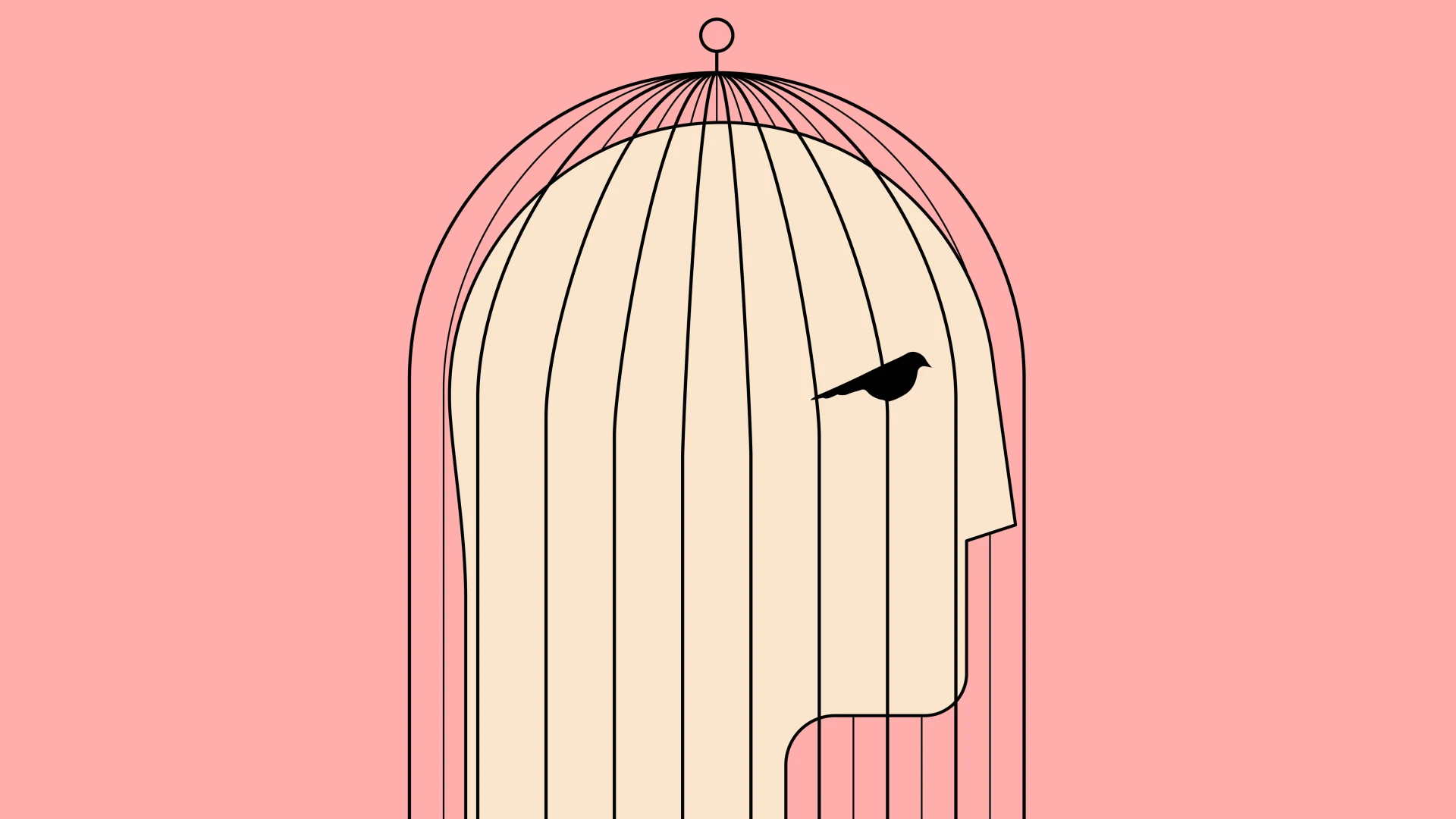
Creativity is an essential element in the success of any endeavor, whether it's writing a novel, creating a piece of art, or developing a new product. However, sometimes we experience a creative block that can be a frustrating experience for any creative person. It is the feeling of being stuck, unable to come up with new ideas or find inspiration. But what exactly does creative block mean? How do you overcome it without feeling so discouraged? In this article, we'll explore the importance of mindset and attitude in overcoming creative block and provide 10 ways.
Creative block is a phenomenon that occurs when we're unable to generate new ideas or make progress on a creative project. There are several types of creative blocks, including writers, artists, and musicians. These blocks can be caused by various factors, such as stress, anxiety, fear, lack of motivation, or simply a lack of inspiration.
To overcome creative block, it's essential to understand what are 10 common blockers to creative thinking.
The science behind creative block is rooted in the psychology of creativity. Studies have shown that certain mindsets and attitudes can help to foster creative thinking, while others can inhibit it. For example, having a growth mindset, which is characterized by a belief in one's ability to learn and grow, can lead to more creative thinking than having a fixed mindset, which is characterized by a belief in innate abilities.
Similarly, a positive attitude can help to overcome creative block, while a negative attitude can perpetuate it. A negative attitude can create a mental block that inhibits creativity.
Various factors can cause a mental block in creative thinking. One of the most common causes is stress and anxiety. When we're stressed, our minds tend to focus on the source of the stress, making it difficult to think creatively. Another cause of mental block can be a lack of inspiration or motivation. Sometimes, we don't feel inspired or motivated to create, leading to a mental block.
Other factors contributing to mental block include fear of failure, perfectionism, and a lack of confidence in one's abilities. We may hold back from exploring new ideas and taking risks when we're afraid of failing or making mistakes. Similarly, when we're perfectionistic, we may be too hard on ourselves and our work, which can stifle our creativity. And when we lack confidence in our abilities, we may not be capable of coming up with innovative ideas or solutions.
External factors can also contribute to a mental block, such as a lack of resources, time constraints, or distractions. When we don't have the tools or resources we need to create, or we're under pressure to produce work quickly, it can be challenging to think creatively. And when we're distracted by external factors such as social media or personal problems, it can be challenging to focus on creative thinking.
It's essential to recognize that mental blocks are a normal part of the creative process and can happen to anyone. By understanding the causes of mental block, we can take steps to prevent it from happening or overcome it when it does occur.
The first step to overcoming a creative block is to inculcate a positive attitude toward creativity. This has many benefits, including increased motivation, better problem-solving skills, improved confidence levels, and higher quality work output. When faced with creative blocks, having a positive attitude can help keep you motivated so that you don’t give up too easily on finding solutions or coming up with new ideas.
Now that we understand the causes of creative block and how mindset and attitude play a role, let's explore 10 ways to overcome creative block:
Sometimes the best way to overcome creative block is to step away from the project and give yourself a break. Take a walk, do some exercise, or engage in a different activity to clear your mind.
A change of scenery can inspire new ideas. Try working in a different location, such as a coffee shop or a park.
Mindfulness can help reduce stress and anxiety, which can contribute to creative block. Practice mindfulness techniques such as meditation or deep breathing exercises.
Working with others can stimulate new ideas and overcome creative blocks. Collaborate with a colleague, friend, or mentor to brainstorm new ideas.
Trying something new, whether a new hobby or a new skill, can help stimulate your creativity.
Setting specific, measurable goals can help structure and direction your creative process.
Taking risks and stepping outside your comfort zone can help push your creativity to new heights.
Establishing a routine can create a sense of structure and discipline in your creative process.
Seeking feedback from others can provide new perspectives and ideas.
Embracing imperfection and letting go of the need for perfection can help to reduce the pressure that often leads to creative block. Taking risks and stepping outside your comfort zone can help push your creativity to new heights.
One can write endlessly about how you can deal with creative blocks or conflict, but the list above is the essence of what you can do, and with enough practice, you can overcome creative blocks.
Let's take a look at some examples of individuals who overcame creative block through mindset and attitude:
Creative block can be a frustrating and demotivating experience, but it's important to remember that it's a common occurrence and can be overcome with the right mindset and attitude. By understanding the common blockers to creative thinking and implementing strategies such as taking breaks, changing environments, and seeking feedback, you can overcome creative block and continue to produce innovative and meaningful work. Remember, creativity is not a talent that some people are born with - it's a skill that can be developed with practice and persistence.